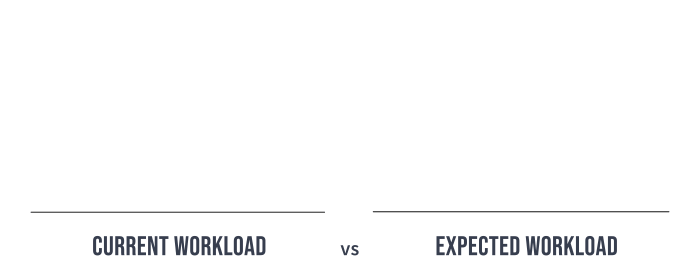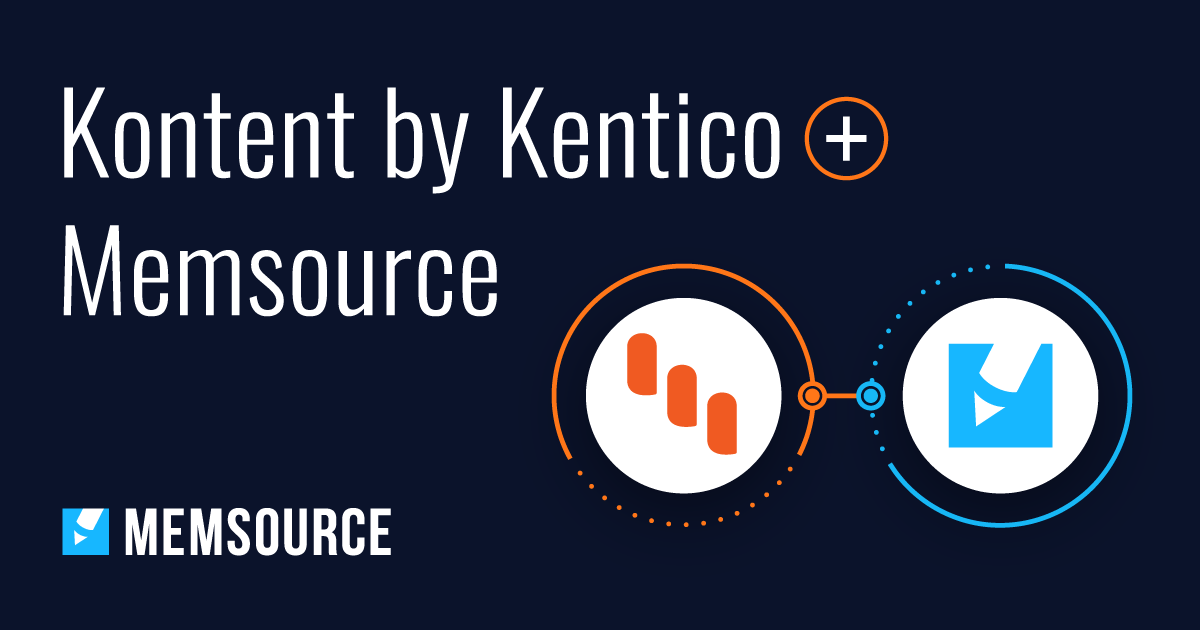
Blog
Contents
Machine Translation Report
What is the optimal MT Engine for you? Find out in the latest MT Report by Memsource.

Memsource recently hosted its first-ever online meetup and we hope it’s the first of many. While the original plan was to host an event in Dublin on the same day, the current pandemic forced us to rethink our plans. And thus, our online Memsource Meetup, April 2020 was born. The event was packed with great advice on how to minimize the business impact of COVID-19 and strategies to help boost revenue in these difficult times. Want our key takeaways from the event? Read on.
Digging Into the Data
To kick off the event, David Canek, Memsource CEO revealed the results of a survey Memsource conducted a few weeks ago. We asked our users to fill out a short survey about the business impact of COVID-19. According to the survey results, we found that 56% of respondents were experiencing a negative impact on their work and 63% expect that they will have less work in the coming months. When you break these figures down by segment, you can see that enterprises expect to be somewhat resilient to the global pandemic but freelancers and LSPs are already feeling the impact and anticipate a continuation of this trend.

The Impact of COVID-19
The highlight of the meet up was the panel “Working Together to Achieve Business Continuity” with panelists David Canek, Erik Vogt, VP of Partnerships and Custom Solutions at RWS Moravia, Rachel Hegeman, Globalization Lead at Pitney Bowes, Tim Branton, CEO at Purefluent, Dusan Koudela, Freelance Translator, and was moderated by Memsource’s Chief Product Officer, Martin Svestka.
What became clear from the discussion is the importance of the resilience of enterprises. If enterprises start losing customers, this has a trickle-down effect that will impact LSPs and ultimately freelancers. The overall impact depends a lot on the type of industry. Tourism, entertainment, and transport are just a few that are heavily impacted, not to mention small businesses. But, as the panelists mentioned, we can already see those areas that are surviving, if not thriving, such as tech, IT, and e-commerce. Koudela, who specializes in IT translation, stated that his workload had not changed. However, freelancer translators working in the tourism industry, who were submitting questions during the panel, have not been so lucky.
Transforming the Workplace
Many companies have implemented “work from home” policies in order to protect workforces and help slow down the spread of the virus. For all of the panelists, the shift to working from home was smooth, with only a couple of issues such as VPN usage and internet bandwidth. The reason for this smooth transition? Everyone was already set up to work from home in one way or another.
Cloud services were also hailed amongst the panel for making the transition easier. If this happened 10 years ago, many companies would not have been able to maintain business continuity like today–collaborative cloud environments are essential. When asked if this situation will fundamentally change the way we work, Branton was quick to agree, saying “we have demonstrated that it can be done, so there are no excuses”. Now that we have proven that company-wide remote working is possible many organizations, including Memsource, will be re-thinking their work from home policies.
Necessity Is the Mother of Invention
There will be a new drive for efficiency and cost-cutting as resources start to run out, but what does this mean for innovation? Vogt suggested this could go one of two ways. Either COVID-19 will distract from innovation as the demand-curve and risk aversion halts innovation development, or the upcoming recession will force people out of their existing way of thinking. Businesses will start having to explore new channels, find new solutions, and change up their tech stack. New trends will develop but the recession will also accelerate existing trends such as the move towards e-commerce, shifting further away from traditional brick and mortar retailers. Another trend that is by no means new but certainly accelerated is the use of machine translation.
Machine Translation: Driving the future of Localization
As Hegeman mentioned in the panel discussion, companies like Pitney Bowes are now pursuing machine translation solutions more vigorously in order to optimize costs and efficiency. But in machine translation, a paradox has emerged. This advanced technology helps automate translation yet, set up, management, and maintenance is a laborious, manual process. Memsource has been working to solve this problem for a while, long before COVID-19, but we’re certainly seeing an increase in demand for this kind of functionality.
Memsource CTO, Dalibor Frivaldsky, along with Klara Kopecka, our Inbound Specialist, discussed Memsource’s solution to this problem, Memsource Translate. They talked about the development of the technology, the inner workings of Memsource Translate, and how it can simplify machine translation management. In a nutshell, Memsource Translate is a technology that automatically selects the optimal MT engine. First, it analyzes a document to determine its domain. Then, it looks for the optimal MT engine based on all engines’ past quality performance in the given domain, source language, and target language.
A question on the minds of several of our audience members was how Memsource Translate benefits translators? From Frivaldsky’s perspective, it’s a tool that will increase productivity, enabling translators to take on more projects and potentially earn more, And Kopecka, a translator herself agreed that machine translation allows her to work much faster. If you want to learn more, we’ll be publishing full Q&A next month on our blog.
Conclusion
While we still need to prepare ourselves for the long term impact of COVID-19, the translation industry is resilient, as demonstrated in the economic crisis in 2008. The key is collaborative cloud tools as well as technologies, like Memsource Translate, that will help you not only work faster but smarter too. If you missed the event or want to learn more about these topics, you can access the recording of the Meetup here.
Although we are disappointed that we couldn’t meet you in person, and may not be able to for some time, we’re thrilled we got the opportunity to connect. We have more online events in the works so stay tuned.



